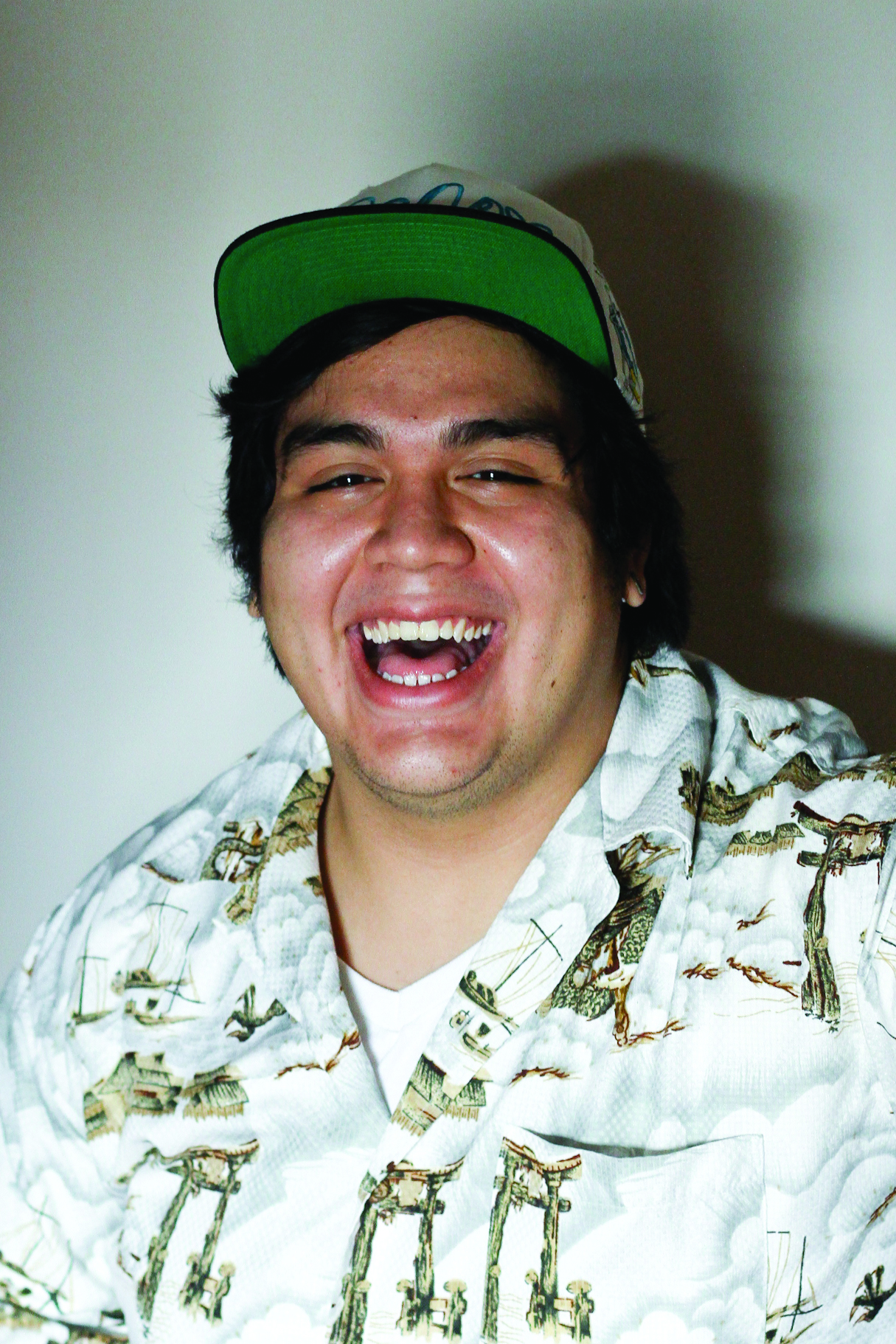By Jacob Putnam, a second-year Spanish and sociology double-major.
Last week was Sexual Violence Awareness Week on the Goshen College campus. Sexual violence is never an easy subject to discuss. Women expressed how they felt as victims of objectification, unwarranted sexual advances and the fear of assault. Men discussed how they could prevent sexual violence, be a listening ear for victims and express sympathy for victims of sexual assault.Overall, Sexual Violence Awareness Week was a success in my opinion. There was one aspect of this week, though, that disappointed me. Much of the material and discussions focused on women as victims of sexual assault and seemed to preclude men as potential victims. This isn’t necessarily Goshen’s fault, as it is society’s fault. Throughout the years, men have been depicted as perpetrators and not as victims. It’s true that men are the main perpetrators of sexual violence, and we need to acknowledge that fact.
However, men can also be victims of sexual violence. Last year, I saw a shirt on the clothesline project, that SWAA sponsored that stated, “No male will ever know what was taken away from me that night.” I do understand that this may have been a way for the victim to express her anger about what happened to her, which I completely support. What I cannot support is the generalization that no male will ever be able to relate to this female victim.
1 in 6 boys will have been sexually abused by the time they are 16; these numbers may be underestimates. This is because males who have been sexually abused are less likely to reveal this information than females. The second reason is that only 16 percent of men who have been sexually abused (as described by social service agencies) consider themselves to be sexually abused. This fact may not be common knowledge, but is nonetheless true.
Recently, there has been a change in the legal definition of rape. The previous definition of rape was “carnal knowledge of a female forcibly and against her will.” On January 6, 2012 the Department of Justice published a new legal definition. “The penetration no matter how slight, of the vagina or anus with any body part or object, or oral penetration by a sex organ of another person, without the consent of the victim.”
I am a victim of sexual assault and my perpetrator was a female. This has been my secret since it happened to me at age 13. I’ve come to learn that what happened, happened, and there is nothing I can do to change that. What I can do is make a difference in the lives of others. I’m not disclosing this information to prove a point; I’m disclosing this information because victims, male or female, shouldn’t be silenced. Society as a whole needs to realize that sexual violence is not a single gender problem; it’s a human problem. Effective sexual violence prevention cannot rely on the stereotype of females as the only victims, and males as the only perpetrators.
Effective prevention needs inclusive strategies and inclusive language to communicate to the larger society, especially youth. That’s one of the reasons why I chose to attend Goshen College. Its sexuality packet expresses, “a vital concern for the welfare of all members of our community.” I want to challenge Goshen to be inclusive in its recognition of Sexual Violence Awareness Week. I want to challenge everyone to take initiative in the prevention of sexual violence. You need to make a difference whether it’s walking somebody home after a party, or listening to those who have experienced sexual assault.
Last but not least, I want to challenge victims to speak up and share their stories. Don’t let fear inhibit your voice. I know the pain of having something taken from you. You did nothing wrong; don’t let anybody tell you differently. You may be a victim, but don’t let that define who you are. You have a voice. Now it’s time for your voice to be heard.



